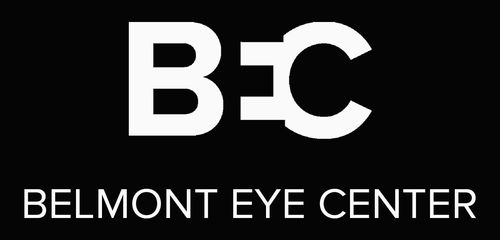Introduction
As we look towards 2030, the landscape of global eye health is at a critical juncture. With 1.1 billion people currently living with the consequences of sight loss, primarily due to lack of access to eye care services, the need for a comprehensive strategy is more pressing than ever. Belmont Eye Center is committed to understanding and contributing to this global conversation, ensuring that our services align with the best practices and goals set forth by leading health organizations.
The Current State of Global Eye Health
Understanding the Challenge
The majority of those affected by sight loss reside in low- and middle-income countries and suffer from conditions that are largely avoidable. This disparity disproportionately impacts women, girls, aging populations, and vulnerable groups. Without significant changes, these numbers are projected to rise to 1.8 billion by 2050.
The Economic Impact
Sight loss is not just a health issue; it’s an economic one. It costs the global economy a staggering $411 billion annually in lost productivity. Addressing eye health can contribute to achieving eight of the Sustainable Development Goals, making it a critical component of global development.
The 2030 In Sight Strategy
Elevating Eye Health
The first step is to elevate vision as a fundamental economic, social, and development issue. This involves integrating eye health into broader policy discussions and engaging with diverse stakeholders, including ministries of education, finance, and health, as well as businesses and social enterprises.
Integrating Eye Health in Healthcare Systems
A shocking 90% of sight loss is avoidable with early detection and treatment. The integration of eye health into wider healthcare systems, particularly through Integrated People-Centred Eye Care (IPEC), is essential. This requires collaboration at national and international levels to advocate for and implement national strategies and policies.
Activating Patient and Consumer Change
Almost everyone will face an eye health issue in their lifetime. Educating patients and consumers about their eye health needs and reducing the stigma around eye care services are crucial steps. Campaigns like Love Your Eyes and World Sight Day play a significant role in raising awareness and activating change.
Belmont Eye Center’s Role in Global Eye Health
Commitment to Best Practices
At Belmont Eye Center, we are dedicated to aligning our practices with the goals of 2030 In Sight. We believe in providing accessible, inclusive, and affordable eye care and rehabilitation services, contributing to the global effort to prevent unnecessary sight loss.
Educating and Empowering Our Patients
We strive to educate our patients about the importance of eye health and encourage them to take proactive steps in their eye care. Our team is committed to raising awareness about the broader social and economic impacts of eye health.
Embracing Technological Advancements
The future of eye health also hinges on technological advancements. Belmont Eye Center stays at the forefront of these developments, ensuring our patients benefit from the latest and most effective treatments.
Looking Ahead: The Road to 2030
The Need for Collective Action
The goals set for 2030 require a cohesive effort from all sectors involved in eye health. As part of this global community, Belmont Eye Center is committed to playing an active role in this collective action.
The Power of Public-Private Partnerships
Collaborations between the public and private sectors are vital. We advocate for and participate in partnerships that aim to tackle major eye health challenges, such as diabetic retinopathy and the creation of sustainable markets for eyewear.
Breaking Down Barriers
To expand access to affordable eye health services and products, we must address regulatory and financial barriers. Belmont Eye Center supports initiatives aimed at making eye care more accessible to all.
Conclusion
The journey to 2030 is not just about preventing sight loss; it’s about creating a world where everyone has the opportunity to achieve their full potential through optimal eye health. Belmont Eye Center is proud to be part of this global movement, working tirelessly to ensure that our services contribute to the broader goals of 2030 In Sight. Together, we can shape a future where eye health is a priority for all.
